This website uses Google Translate
You cannot use this feature without first accepting 3rd Party Cookies.
This website uses Google Translate
You cannot use this feature without first accepting 3rd Party Cookies.
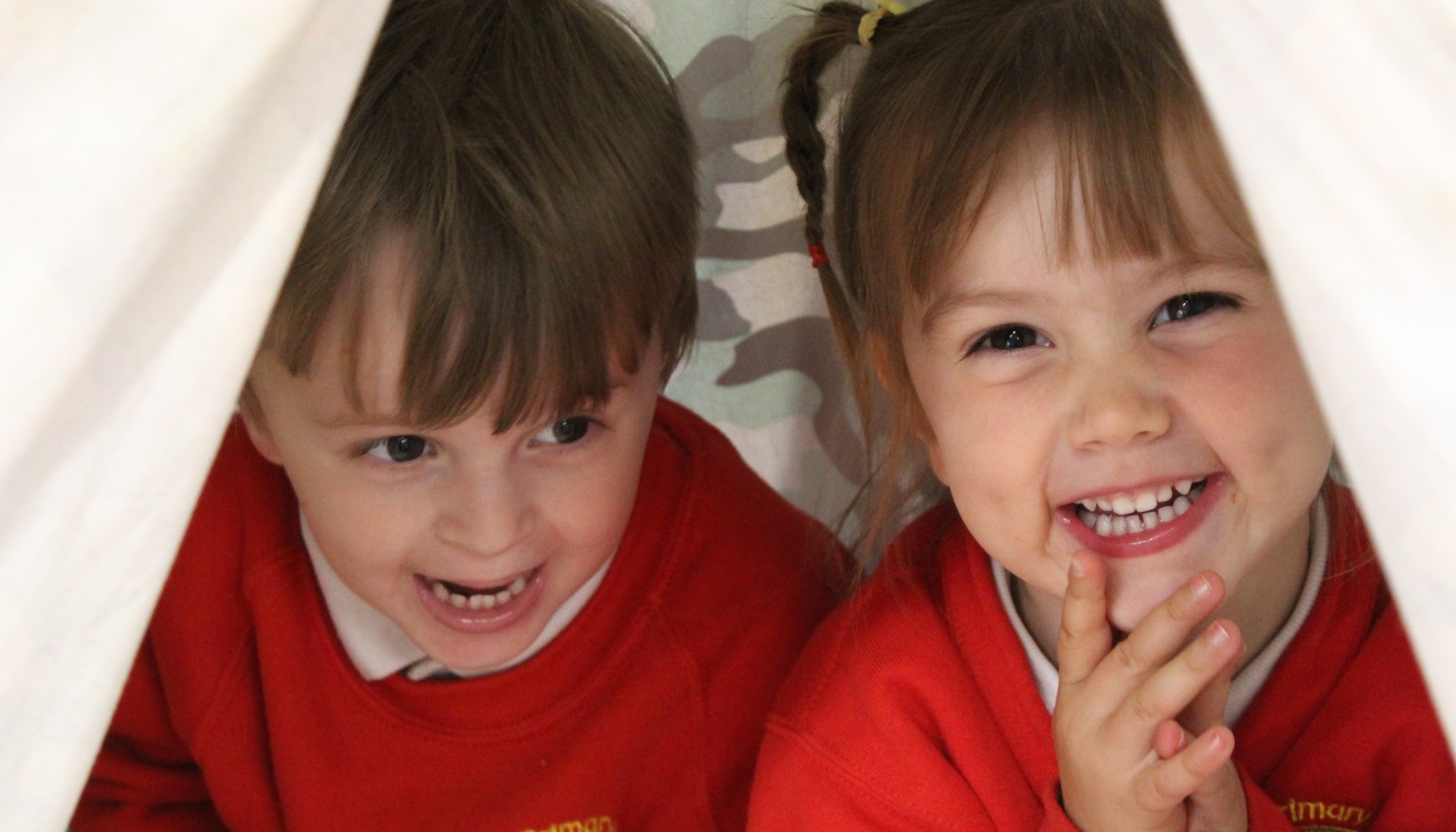
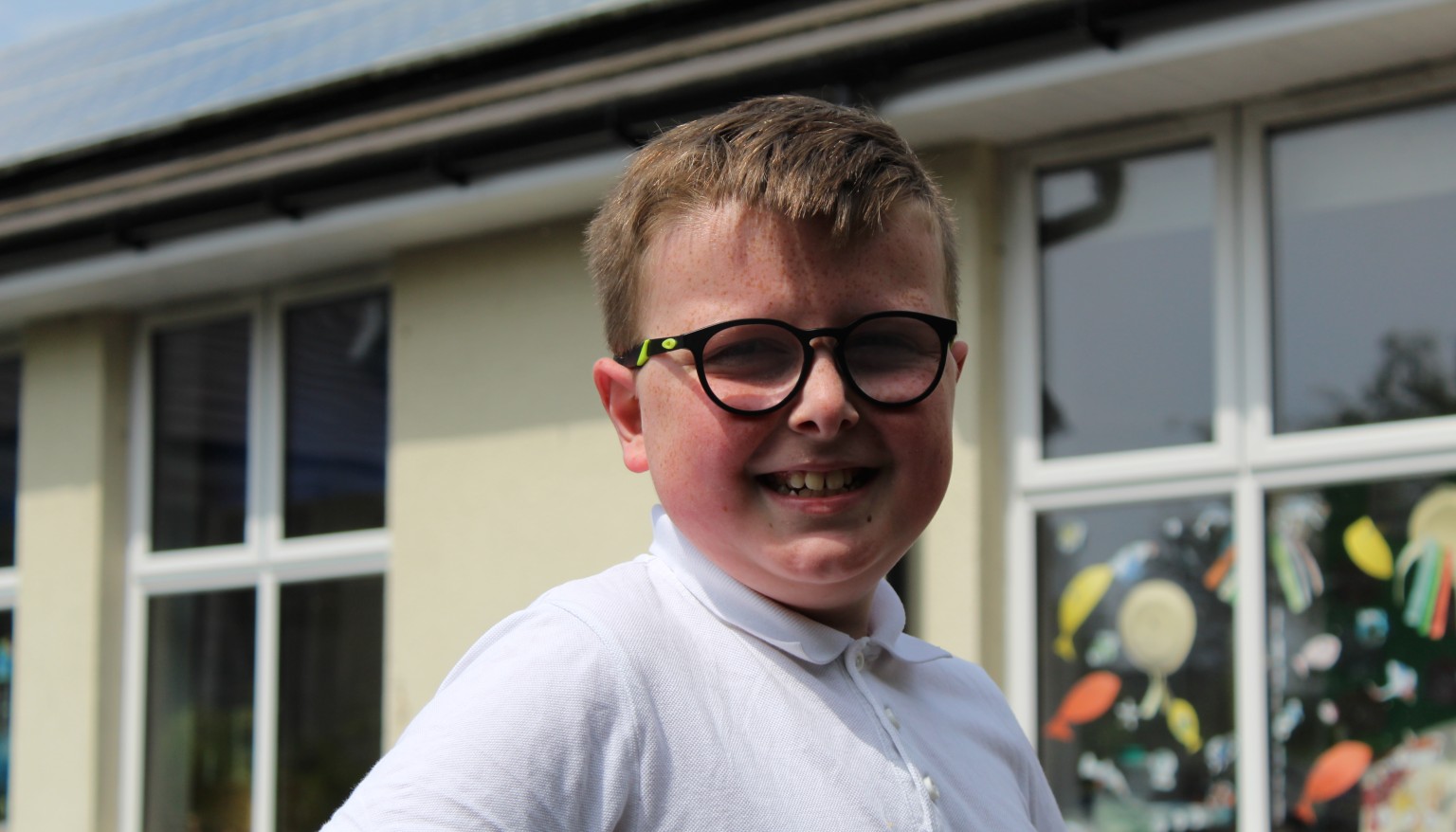
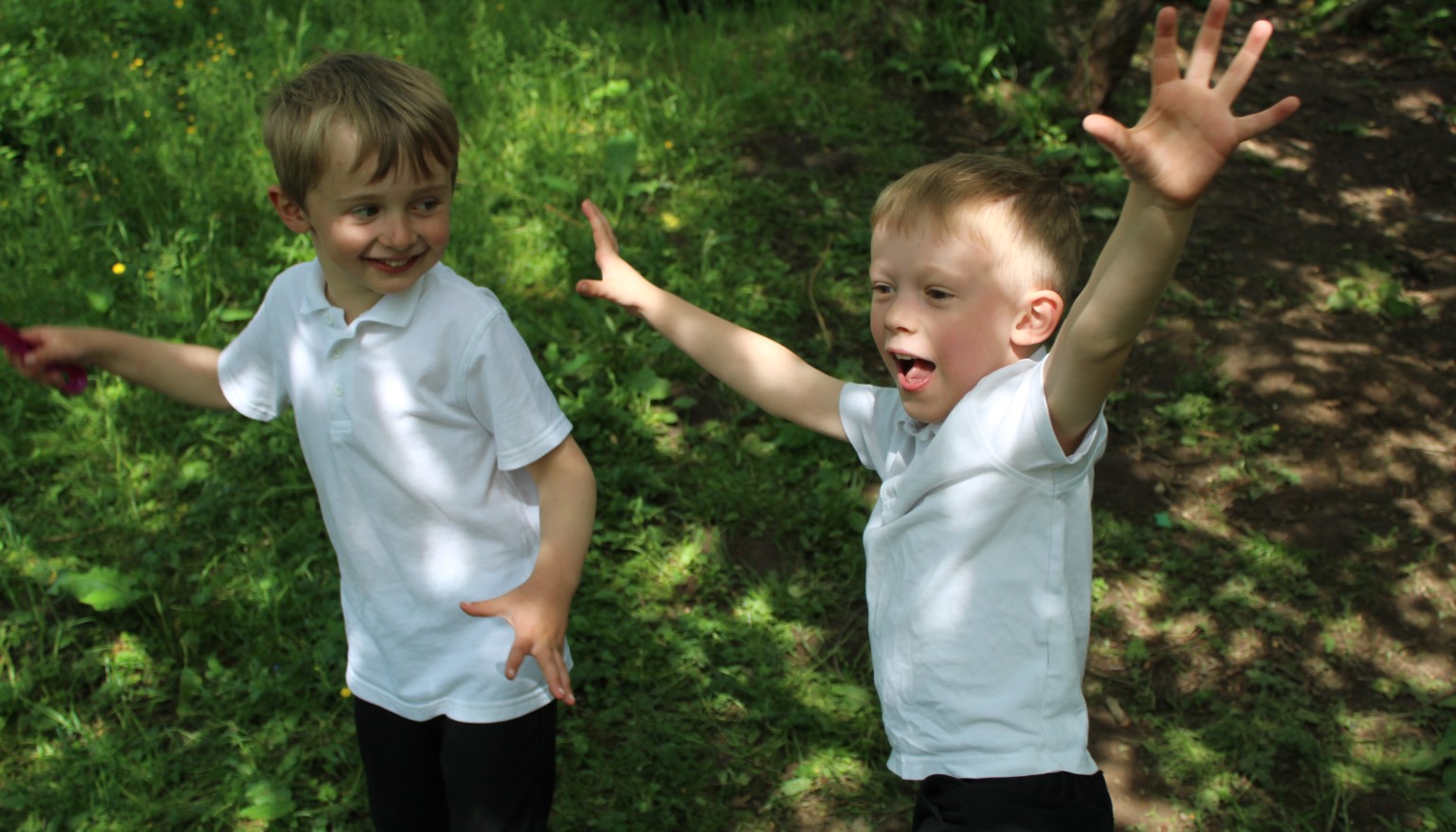
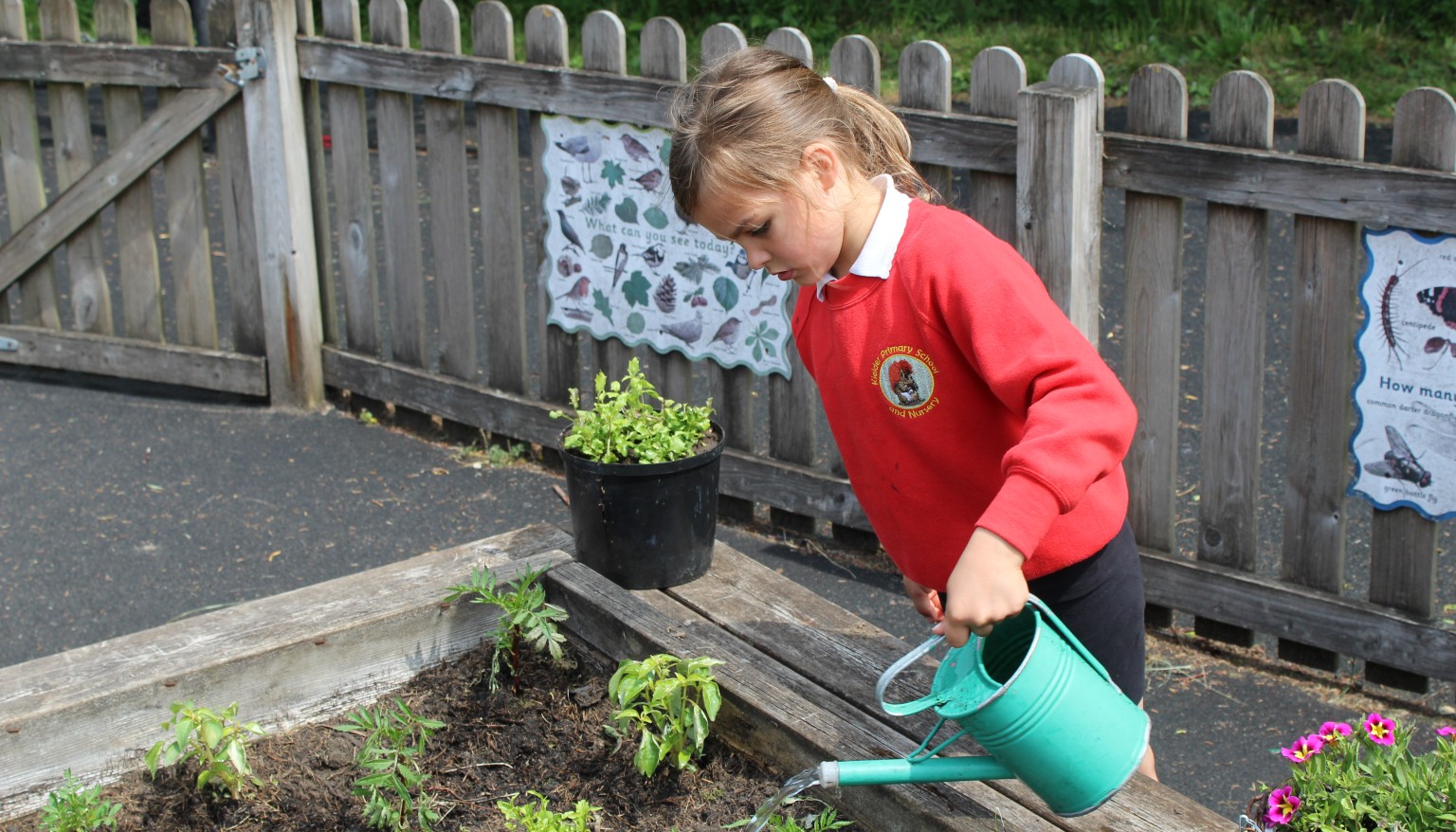

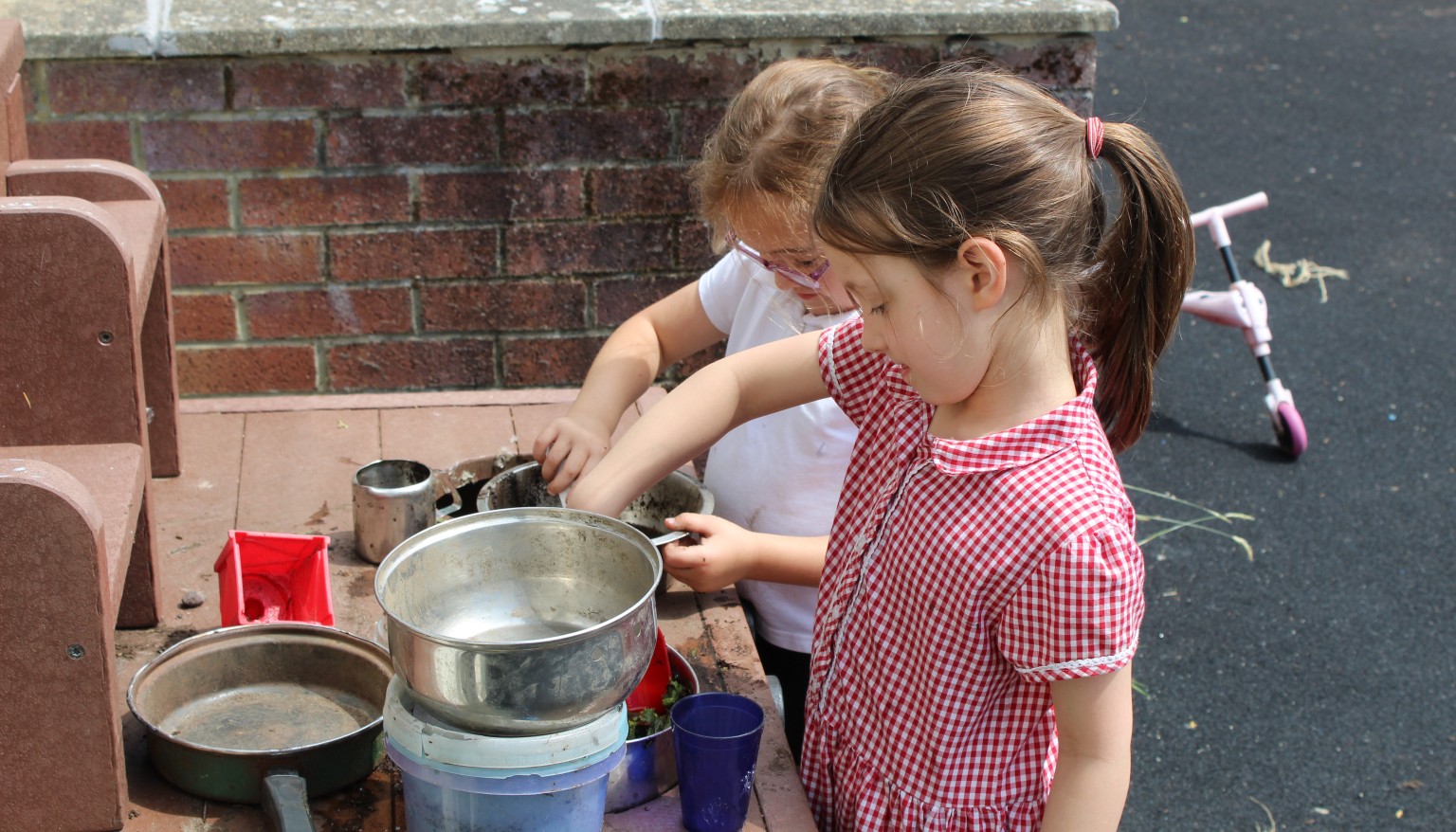
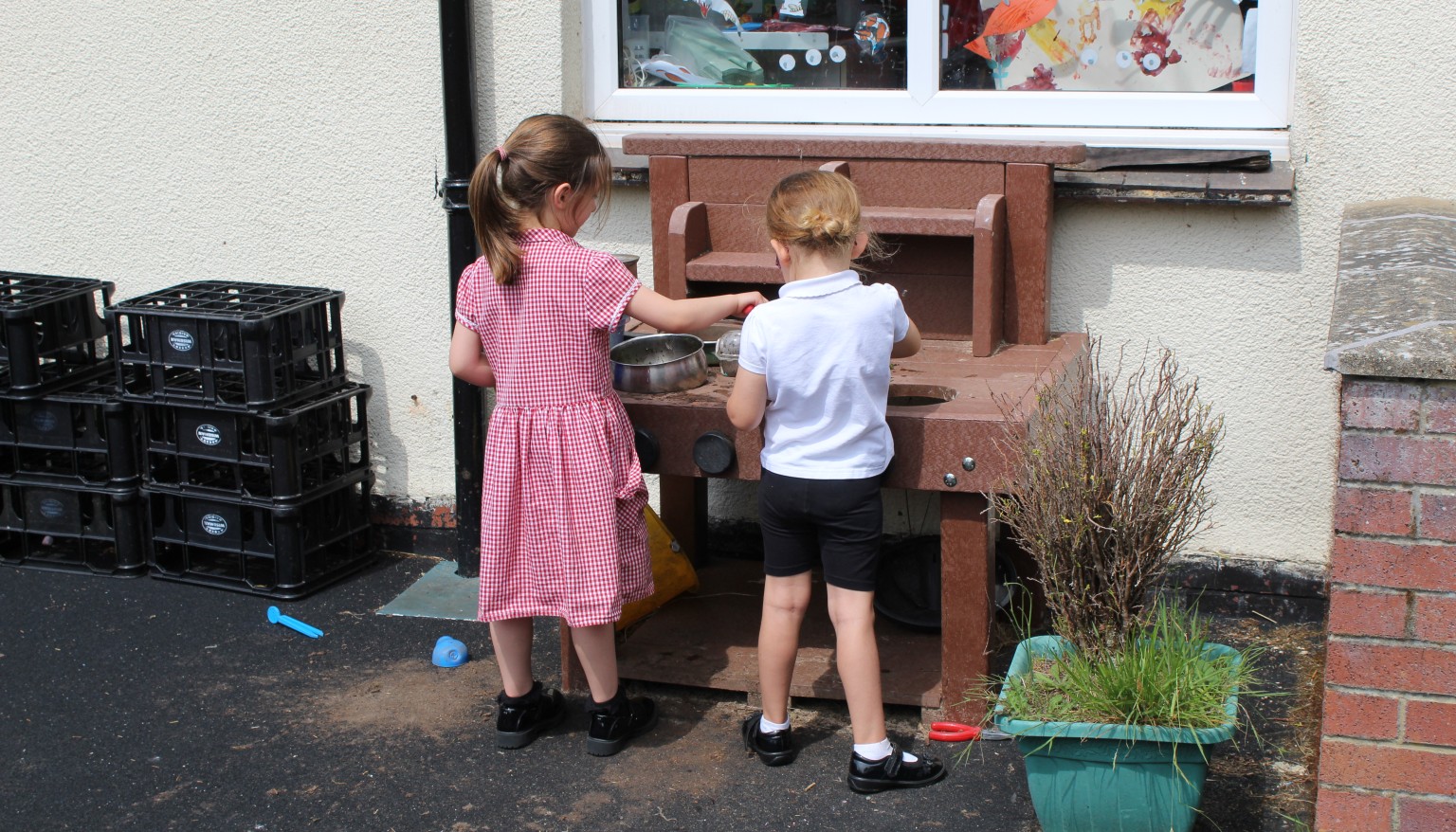
You cannot use this feature without first accepting 3rd Party Cookies.
You cannot use this feature without first accepting 3rd Party Cookies.
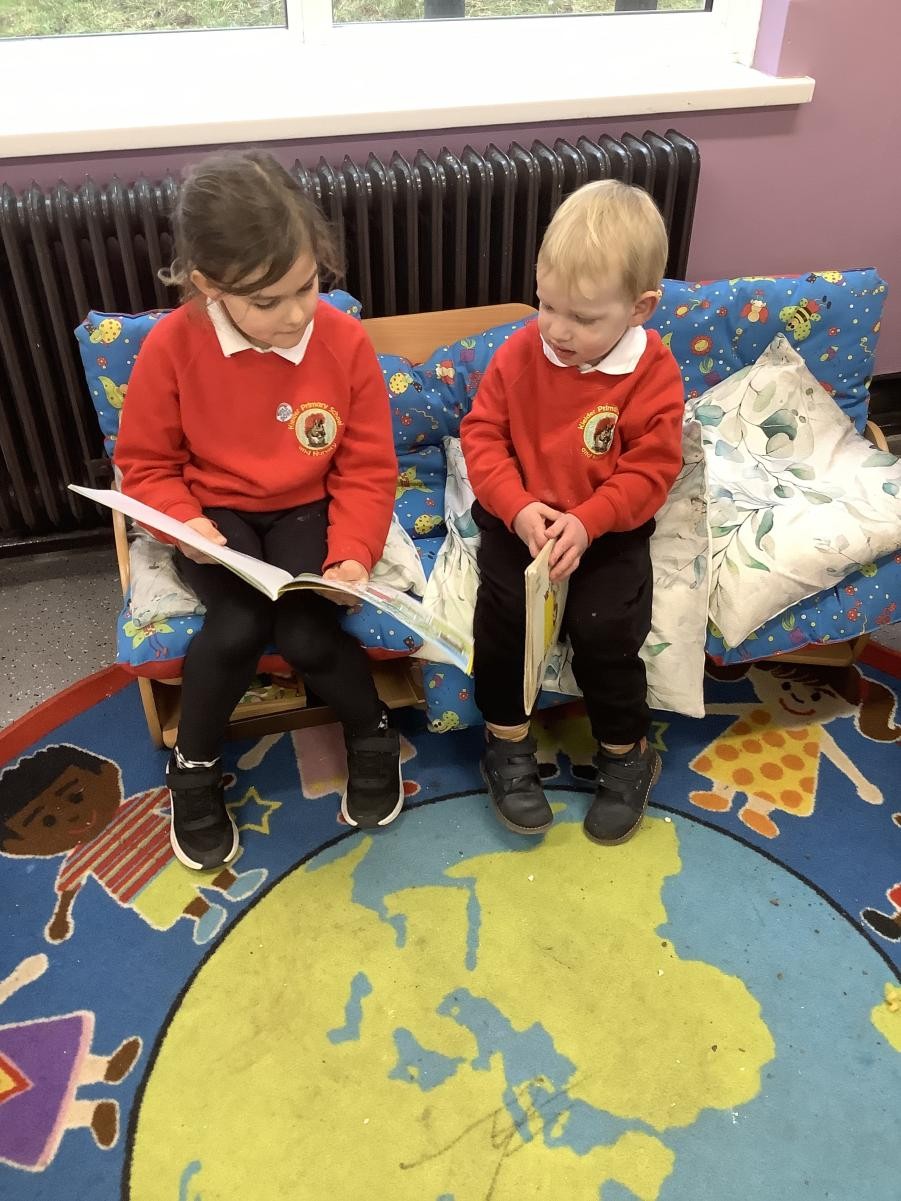
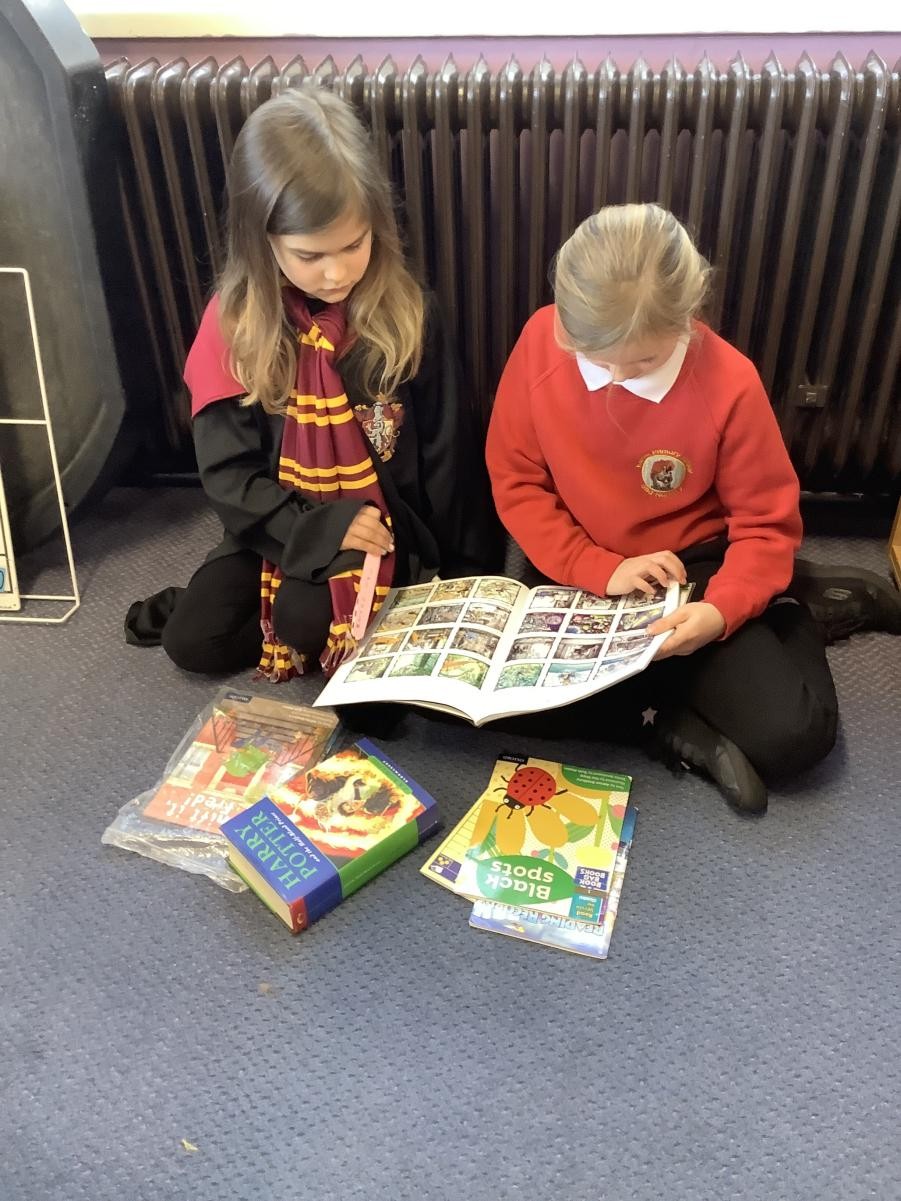
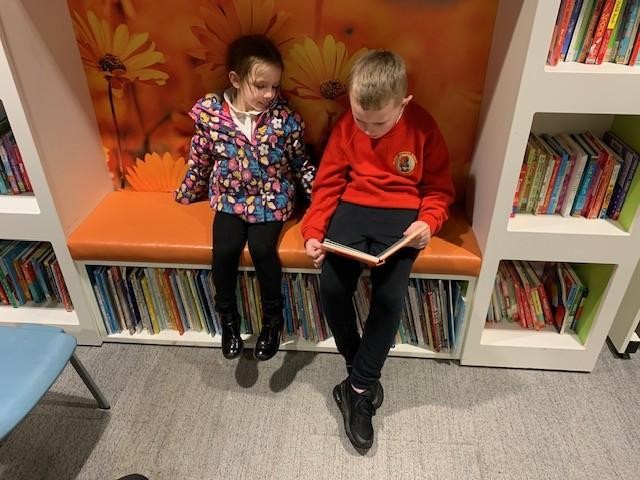
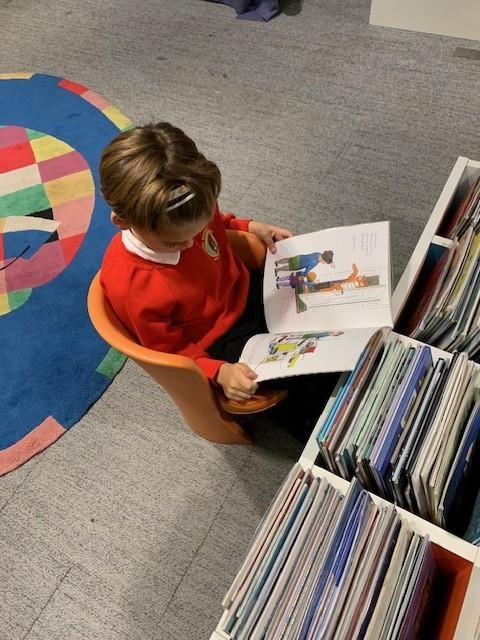
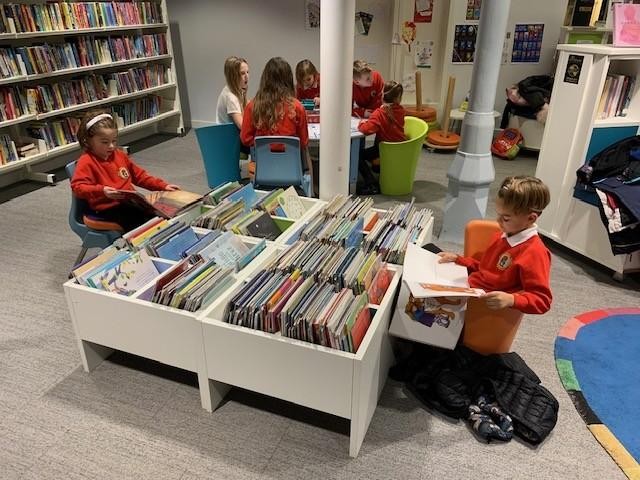
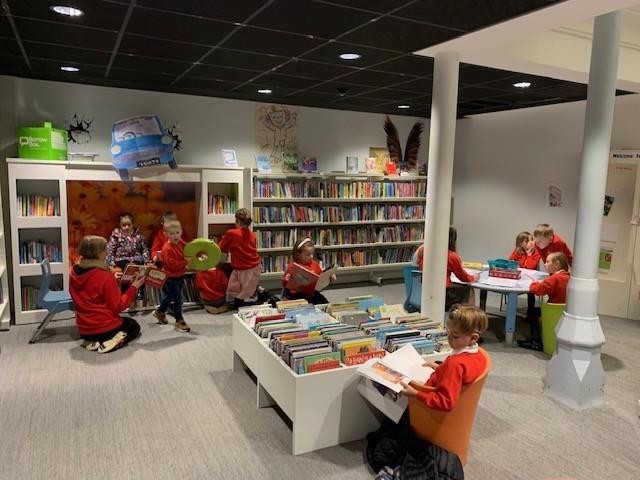
At Kielder Primary School and Nursery, we recognise that English has a pre-eminent place in education and in society. We therefore believe that a high-quality English curriculum is fundamental to pupils’ academic success and personal development. Our curriculum is designed to develop pupils’ love of reading, writing and oracy, ensuring that all children become confident, fluent and articulate communicators.
At Kielder, a love of reading is embedded within the culture of our school. We strive to ensure that all children enjoy, access and appreciate a wide range of high-quality literature across the whole curriculum. Carefully chosen, high-quality texts are used to broaden pupils’ experiences, develop cultural capital and build an extensive and rich vocabulary, which is then applied purposefully across all areas of learning. This directly supports the Thrive and Excel @ Kielder Framework competencies by developing pupils’ academic confidence, communication skills and curiosity about the world.
We use a rigorous and systematic approach to teaching phonics through Read Write Inc (RWI), which provides pupils with strong foundational phonetic knowledge and skills. This enables children to become confident, accurate readers and writers, supporting success across the curriculum and fostering independence, fluency and resilience as learners, in line with the TEK Framework’s focus on wellbeing, independence and lifelong learning.
We have a holistic and structured approach to the teaching of reading, designed to support both academic progress and the wider competencies outlined in the TEK Framework. Our approach develops pupils as reflective, resilient and motivated learners. Key elements of our implementation include:
Systematic Synthetic Phonics (Read Write Inc)
We teach phonics using the Read Write Inc (RWI) programme. This is delivered daily in Reception to Year 2 through carefully differentiated groupings based on regular assessment. Sessions include the teaching and practice of speed sounds, blending and segmenting, and the reading of green (decodable) and red (common exception) words. This structured approach supports pupils’ confidence, perseverance and self-belief, linking to the TEK competencies for wellbeing and academic development.
Children in Nursery focus on developing early phonological awareness before moving onto RWI when they are ready. Read Write Inc is continued into Key Stage 2 for any pupils who require further phonics support, ensuring equity, inclusion and high expectations for all learners.
Targeted Support and Intervention
Children who complete the RWI programme move onto a focus on consolidation, comprehension, vocabulary development and grammar. Any child identified as struggling with reading receives additional targeted support, including daily reading with an adult and/or additional speed sounds practice. This personalised approach supports the TEK Framework’s emphasis on resilience, perseverance and closing gaps so that all pupils can thrive.
Regular Reading with Adults
All children have the opportunity to read with an adult at least three times a week. These sessions support fluency, comprehension and confidence, while also building positive relationships and encouraging pupils to reflect on their progress. This aligns with the TEK focus on wellbeing, communication and metacognitive awareness of learning.
Reading for Pleasure, Library Access and Informal Book Talk
Children have regular access to our school library and are actively encouraged to read for pleasure. Informal book talk (IBT) is promoted to develop pupils’ ability to discuss, recommend and reflect on books. This supports communication, confidence and critical thinking, all of which are central to the TEK Framework.
Online Reading Support
Children have access to a digital library, provided by the Schools Library Service. This supports independent practice, self-regulation and ownership of learning, reinforcing the TEK Framework’s focus on independence, metacognition and resilience.
High-Quality Texts and Reading Spine
We use Pie Corbett’s Reading Spine to ensure that pupils encounter a carefully selected range of high-quality, classic and contemporary texts. This supports pupils’ curiosity, imagination and critical engagement with texts, linking to the TEK competencies for innovation, communication and academic depth.
As a result of our consistent and high-quality approach to reading, aligned with the TEK Framework:
Pupils become fluent, confident and motivated readers who take pride in their progress.
Pupils develop resilience and perseverance when faced with reading challenges.
Pupils demonstrate increasing independence and ownership of their learning.
Pupils use a broad and ambitious vocabulary across the curriculum.
Pupils communicate confidently about texts, explaining preferences, making comparisons and justifying opinions.
Attainment in phonics is measured through the Year 1 Phonics Screening Check, and reading progress is monitored through statutory and termly assessments. Teachers use this information to inform teaching, intervention and challenge, ensuring that pupils make strong progress in line with national expectations.
By the time children leave Kielder Primary School and Nursery, they are competent, confident and reflective readers who not only achieve well in statutory assessments, but who also demonstrate the TEK competencies of independence, resilience, communication and curiosity. They are well prepared to apply their reading skills to new contexts, continue developing a love of reading and engage positively with the wider world.